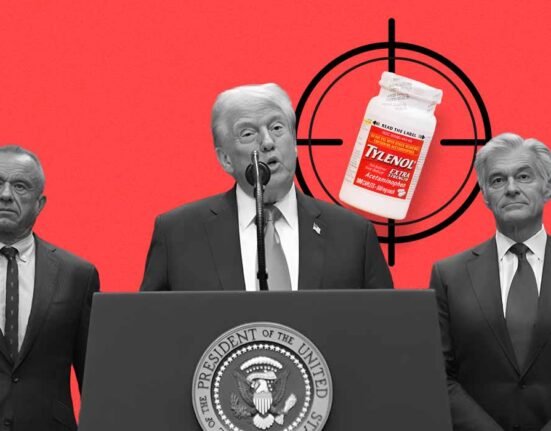A new study from the National Crime Records Bureau (NCRB) says that in 2021, the suicide death rate per lakh (SD) for men was 20.6, while it was only 8.1 for women. Men’s mental health problems are getting more attention in a world that has usually praised their strength. Men are still expected to act like tough heroes, but there is a clear change in the plot.
Read More: Breaking the Silence: Ways to Boost Men’s Mental Health to Overcome Vulnerability
“There’s an oddity, a paradox,” says Dr. Lakshmi Vijaykumar, head of Sneha, an NGO in Chennai that works for suicide prevention. Women are more likely than men to be depressed, but men are more likely to die by suicide. These results show that men have trouble sharing their feelings and wants, which can lead to problems like drug abuse and higher suicide rates.
Instead of the traditional closed-off man, people like Naresh, a software engineer from Bengaluru, are breaking the mould. Speaking from his own experience, Naresh says, some stereotypes about guys keep them from going to therapy. Many of my female friends are much more open about it. Some men don’t know what therapy can do for them, he says, but therapy has helped him a lot.
One important thing that needs to be done to remove hurdles for men is to question the social norms that say a man’s worth is tied to what he does for society. From Chennai, V. Chandrasekhar is a counsellor and psychotherapist who says, “When men hear terms like toxic masculinity in the mental health field, they are understandably turned off.” Men don’t feel safe in many places, so treatment needs to take gender differences into account. This recognition of the need for safe places is a step in the right direction toward understanding and acceptance.
Using different ways to deal with stress is an important part of handling it, and the new group of guys is expanding these options. People are doing things like listening to music, writing in a notebook, or doing hobbies without worrying about how they look or what gender they are. Men are becoming more aware of how important it is to take care of themselves outside of therapy sessions.
Chandrashekar stresses how important it is to tell the difference between healing tasks and official treatment. He says People say things on social media like, “Therapy costs a lot of money, so I ride my bike or listen to music instead.” This makes it hard to tell the difference between what people think is therapy and what is therapy. More conversations and studies of different ways to be healthy are signs that men’s mental health understanding is growing in a good way.
Shruti Prasad, a psychologist who works in Dantewada, Chhattisgarh, and who completed The Gender Lab internship, stresses how important it is to keep learning how to deal with gender issues in counselling meetings. She says It is crucial for mental health practitioners to have further training and instruction on the interplay of many social identities, particularly in the Indian context, since our current training does not adequately prepare us to handle gender prejudices in counselling sessions.
People are starting to realize that mental health goes beyond official counselling meetings, which can help them deal with the problems that come with treatment. The younger generation stresses about the importance of building groups that provide a safe space. So that people could easily talk about their thoughts and feelings. Getting rid of the shame is helped a lot by making places where being vulnerable is accepted and talking about mental health is seen as normal.













Leave feedback about this